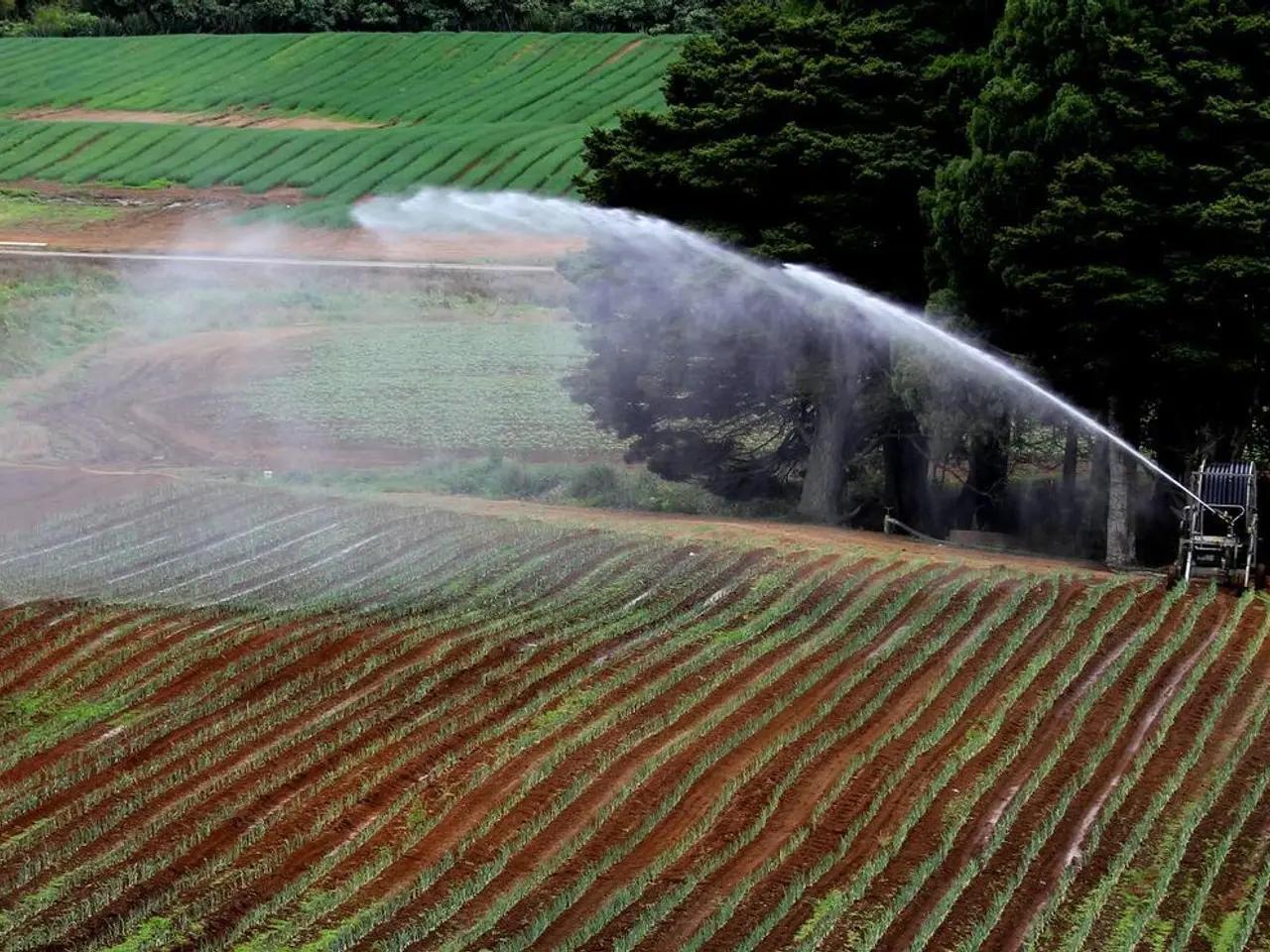Toyota's Kaizen Philosophy Yields Remarkable Results in Agriculture
In the heart of Aichi Prefecture, one of Japan's most prominent rice-growing regions, an unexpected collaboration is transforming the agricultural landscape. Nabehachi Nousan, a leading rice grower, has partnered with Toyota to enhance productivity and efficiency in rice cultivation.
Initially, the idea of Toyota's involvement raised eyebrows among farmers, given concerns about potential takeovers. However, the focus of this partnership is to address the concerns of local farmers, employing the Toyota Production System (TPS) and the kaizen method to boost agricultural productivity.
Toyota's approach to farming productivity centers around continuous improvement, waste elimination, and efficient workflows—concepts derived from TPS and kaizen. These principles, originally developed for manufacturing, have been successfully adapted for various sectors, including agriculture.
Key aspects of Toyota’s farming productivity improvements include:
- Continuous Improvement (Kaizen): Farmers and agricultural teams work together to implement small, ongoing changes to improve processes, reduce waste, and increase efficiency. This fosters a culture where everyone is empowered to suggest improvements and solve problems collaboratively.
- Lean Thinking: Lean farming techniques emphasize working smarter by saving time, cutting costs, and improving results. By eliminating non-value-adding activities, farm teams can boost productivity sustainably.
- Waste Reduction: TPS principles help identify and remove inefficiencies in farm operations, such as unnecessary steps, excess materials, or downtime, thereby increasing operational flow and reducing costs.
- Standardization and Best Practices: Documenting and standardizing improved processes ensures consistency in quality and performance across the operation.
Tatsuya Hirai, Senior Expert in the Agriculture & Biotechnology Business Division, is spearheading this project, which places a strong emphasis on communication with farmers and making gradual improvements based on their concerns and ideas.
In the city of Yatomi, Aichi Prefecture, the project is underway. Notable improvements include the standardization of plowing times, revealing that the slower ones were actually the benchmark for efficient work. White lines were introduced to visualize farm operations and highlight issues for improvement. The annual work plan was written out on a board for all to see, eliminating wasteful and unreasonable tasks, and evening out inconsistencies in quality.
The shovel storage was organized with numbered shovels and designated places, reducing time waste. The number of seedlings produced was halved from 30,000 to 15,000, providing more space for growing other crops. Raising workbenches during seeding work eased physical demands and prevented back pain among employees.
Moreover, the drier capacity was managed effectively, halving the required working hours from 1,750 to 800 during the peak season. Despite initial skepticism, President Yagi of Nabehachi Nousan has embraced Toyota's improvements in rice cultivation.
Toyota's involvement in farming productivity projects extends beyond Aichi Prefecture, with the principles of TPS and kaizen forming the foundation for Toyota-inspired farming productivity improvements globally. The collaboration between Nabehachi Nousan and Toyota serves as a testament to the power of innovative thinking and collaboration in driving progress in agriculture.
[1] Toyota Production System (TPS): An Integrative Review. International Journal of Production Research, 2018. [5] Lean Farming: A Beginner's Guide to Applying Lean Principles in Agriculture. Lean Publishing, 2017.
The collaboration between Nabehachi Nousan and Toyota, initially met with skepticism, is leveraging the Toyota Production System (TPS) and kaizen method to revolutionize rice cultivation in the local industry. Beyond Aichi Prefecture, Toyota's approach to agricultural productivity, incorporating continuous improvement, lean thinking, waste reduction, and standardization, is being adopted globally, demonstrating the potential of business and technology to transform the farming sector.




